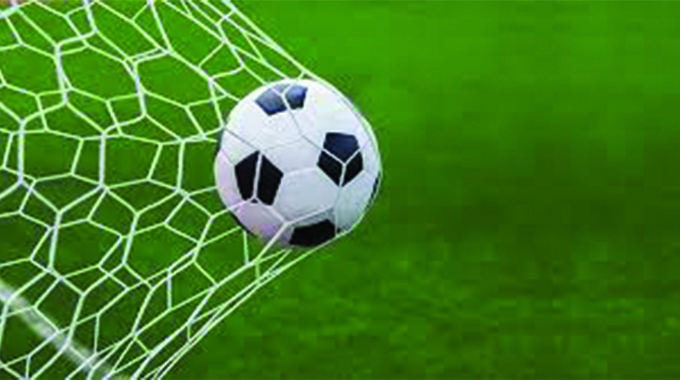Russia suspended for World Athletics Champs
Russia will miss this summer’s World Championships after athletics’ governing body voted to extend their suspension from international competition for state-sponsored doping.
However, some Russians may be able to compete under a neutral banner, if they can satisfy testing criteria.
Russia was suspended by the IAAF in November 2015, meaning athletes missed the Rio Olympics last year.
The country is now not expected to be fully reinstated until November.
London will host the World Championships between 4-13 August.
The decision to extend Russia’s suspension came at an IAAF Council meeting in Monaco on Monday.
Independent chairman of the IAAF Taskforce, Rune Andersen, told the council that the Russian Track and Field Federation (Rusaf) was unlikely to be reinstated until the World Anti-Doping Agency (Wada) declared the Russian Anti-Doping Agency (Rusada) code-compliant, probably in November.
However, the taskforce said concerns still exist about drug-testing procedures in Russia.
More than 1 000 Russian athletes were part of a state-sponsored doping programme between 2011 and 2015, according to the McLaren report, commissioned by Wada and published in December.
Athletes who can follow strict IAAF criteria and show they are clean may be allowed to compete – but not under a Russian flag. The IAAF said so far this year, 35 Russians had applied to compete as neutrals.
At the meeting, IAAF president Lord Coe also said that all nationality switches by athletes would be frozen.
He said the current rules were “no longer fit for purpose” and new proposals would be written up.
Andersen said that there is still limited testing of Russian track and field at a national level and there continued to be “troubling incidents”, although the situation is improving.
However, he said that in January 2017:
Five athletes had withdrawn from a national competition after hearing that drug testing would be taking place;
Bottles being shipped to foreign laboratories for testing were opened and screened in at least one case;
Russian authorities have refused to release samples that have been screened in Moscow so the IAAF can test them further;
Testers are still being denied access to “closed cities” – military facilities where some athletes train.
“Our priority is to return clean athletes to competition but we must all have confidence in the process,” said Briton Coe.
“Clean Russian athletes have been badly let down by their national system. We must ensure they are protected and that those safeguards give confidence to the rest of the world that there is a level playing field of competition when Russians return.”
The IAAF has put together a “roadmap” that Russia must follow before athletes can once again take part in international competition. It includes:
Russia providing an “appropriate official response” addressing points raised in the McLaren report;
Drug testing being “carried out without any further adverse incidents or difficulties”;
Rusaf taking “demonstrable and practical” steps to improve clean sport;
Rusada being reinstated as “a truly autonomous, independent and properly resourced national anti-doping organisation”.
Athletes are now banned from changing nationalities following a proposal by Coe, who said athletics was “vulnerable” to the practice.
“It has become abundantly clear with regular multiple transfers of athletes, especially from Africa, that the present rules are no longer fit for purpose,” he said.
The IAAF Council was told African talent was effectively being put up for sale to different nations.
Hamad Kalkaba Malboum, Africa area group representative on the IAAF Council, said: “The present situation is wrong. What we have is a wholesale market for African talent open to the highest bidder.
“Lots of the individual athletes concerned, many of whom are transferred at a young age, do not understand that they are forfeiting their nationality.”
At December’s European Cross Country Championships, the top two finishers in both the senior men’s and women’s races were Kenya-born athletes representing Turkey.— BBC.






Comments